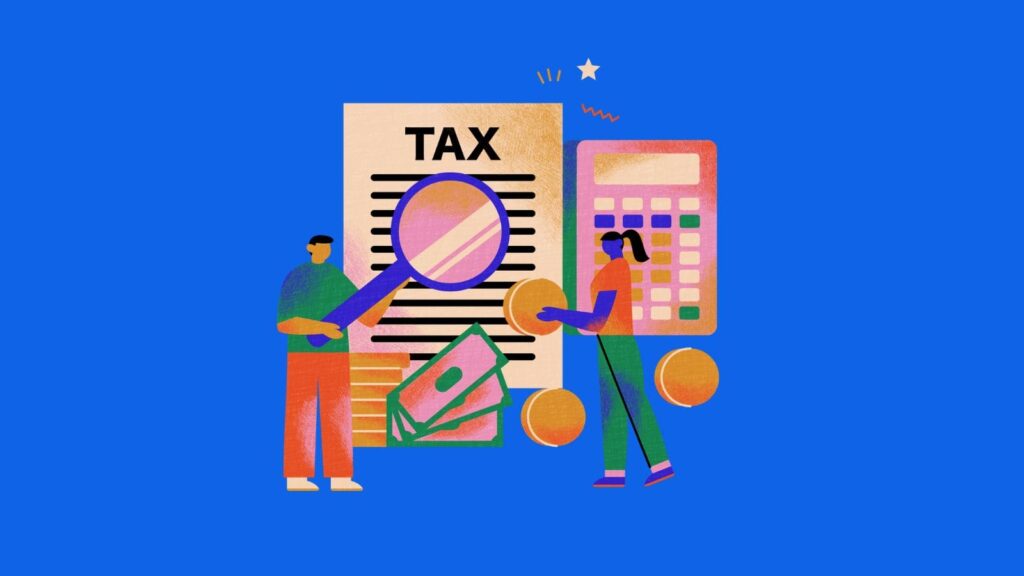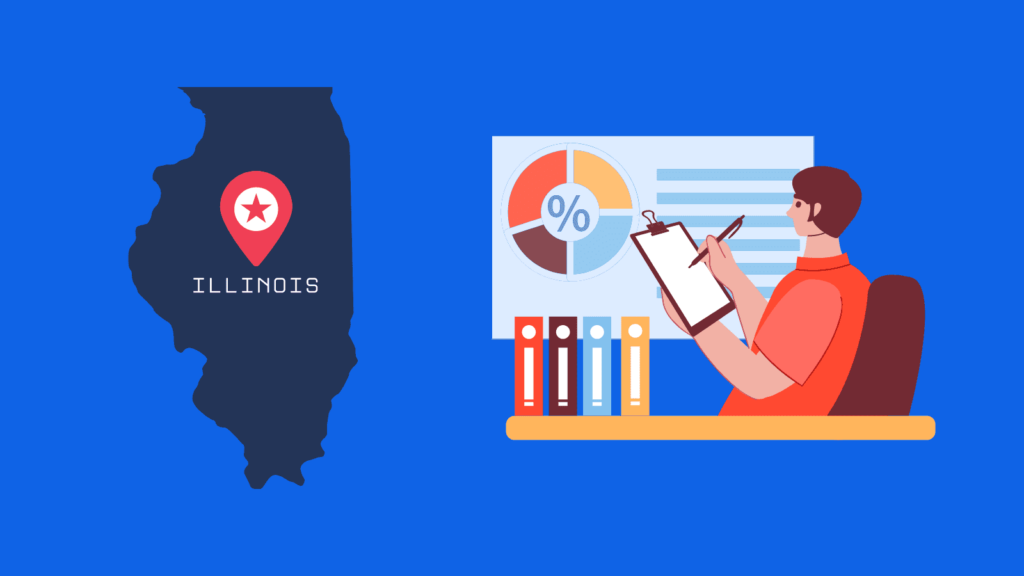Everything You Need To Know About Estimated Taxes in Illinois For 2022
January 17, 2023

peakreliance
Accounting, Bookkeeping, Taxes
Tax time is a stressful season for any business owner, especially with so many regulations and laws to consider. But it doesn’t have to be a nightmare if you are well-informed and prepared. Knowing the estimated tax requirements in Illinois for 2022 can help you make sure you are in compliance and won’t be faced with any unpleasant surprises come tax season. Estimating and paying your taxes throughout the year is an important responsibility of any taxpayer, so understanding how these taxes work in Illinois is essential. This article will provide you with all the information you need to know about estimated taxes in Illinois for 2022, so you can plan ahead and stay compliant.
What are Estimated Taxes?
Estimated taxes are a payment plan for those who don’t have enough income tax withheld from their paycheck. This includes self-employed individuals, freelancers, independent contractors, and other people who don’t have a steady source of income that’s withheld by an employer. Estimated taxes are due four times a year, on the following dates:
- April 15: Due date for fiscal year that ends on December 31
- June 15: Due date for fiscal year that ends on June 30
- September 15: Due date for fiscal year that ends on September 30
- January 15: Due date for fiscal year that ends on December 31
Who Has to Pay Estimated Taxes in Illinois?
If you’re self-employed, own a side business, or work as an independent contractor, it’s likely you’ll have to pay estimated taxes. You also might need to pay estimated taxes if you have a large amount of itemized deductions, own a HSA or have other tax situations. If you find you need to pay estimated taxes, you can use the IRS’ online estimator to find out the amount you’ll need to pay. The estimator uses a few details about your financial situation to determine whether you’ll have a tax liability or if you’ll receive a tax refund.
What Are the Requirements for Paying Estimated Taxes in Illinois?
There are no official requirements for paying estimated taxes, but it’s important to note that the IRS doesn’t consider them taxes. When most people talk about estimated taxes, they’re referring to the amount taxpayers need to pay to the government to cover their income tax liability. When you’re required to pay estimated taxes, it means you’ll need to make sure you have enough money saved to cover your income tax. You’ll need to pay the total amount of estimated taxes by the end of the calendar year. If you make an underpayment or don’t pay enough during one quarter, you’ll have to make up for it during the next one.
How Much Do You Need to Pay in Estimated Taxes in Illinois?
The general rule for paying estimated taxes is that you’ll need to pay enough to cover your income tax liability for the year. It’s important to note that the amount you pay during each quarter is only an estimate. You’ll have to pay the actual amount of tax at the end of the year, and if the amount you paid in estimated taxes was too low, you could face a penalty. If you paid too much, you’ll have to pay the IRS back, or you might get a refund.
How and When Are Estimated Taxes Paid in Illinois?
Estimated taxes are due on the 15th of each month. If you pay on the 15th of the first month after the quarter ends, you’ll be on track to meet the requirements. For example, if you have to pay estimated taxes for the second quarter by July 15, July 16 is the first day you can make the payment. Remember that even though you have to make the payments on the due dates, you can estimate how much you’ll owe and pay it throughout the quarter.
What Happens if You Don’t Pay Your Estimated Taxes in Illinois?
If you don’t pay enough in estimated taxes, you’ll have to pay the difference when you file your taxes. If you don’t pay enough during one quarter, you can always pay more in the next one. If you don’t pay estimated taxes at all, you’ll face a penalty that’s equivalent to the interest charged by the IRS on unpaid taxes. You might be charged a penalty even if you don’t owe any taxes. The penalty is 10% of the unpaid taxes, plus interest.
What Resources Can Help You Prepare for Estimated Taxes in Illinois?
- IRS.gov – This is the official website of the IRS. You can find information about estimated taxes, as well as filing and payment guidance, forms, and publications.
- TurboTax – TurboTax has a free online tax estimator that can help you estimate how much you need to pay in taxes. You can also use this tool to file your taxes and get guidance on deductions, credits, and more.
- H&R Block – H&R Block also has an online tax estimator that can help you estimate how much you’ll owe in taxes and how much you’ll receive in a refund.
Conclusion: Estimated Taxes in Illinois for 2022
Estimated taxes are a way to pay your income tax liability throughout the year. You’ll need to make sure you have enough saved to pay the total amount by the end of the year. You can make payments throughout the year or wait until the end of the quarter to make the payment.
Need help with your estimated taxes in Illinois? Contact us at +1 (718) 218-5558 or [email protected] to learn more about our services and get expert assistance with your tax obligations.
Post Tags :
Estimated Taxes, Illinois
About Us
Empowering small businesses and individuals with efficient and reliable bookkeeping & tax services.



